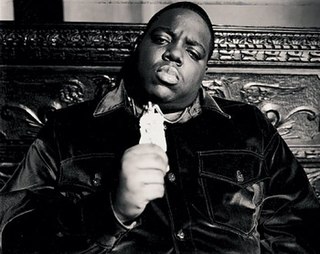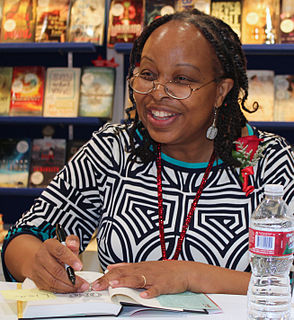A Quote by Amy Poehler
Saying "yes" doesn't mean I don't know how to say no, and saying "please" doesn't mean I am waiting for permission.
Related Quotes
I love saying 'yes' and I love saying 'please.' Saying 'yes' doesn't mean I don't know how to say no, and saying 'please' doesn't mean I am waiting for permission. 'Yes please' sounds powerful and concise. It's a response and a request. It is not about being a good girl; it is about being a real woman.
One of the most painfully inauthentic ways we show up in our lives sometimes is saying "yes" when we mean "no," and saying "no" when we mean "hell yes." I'm the oldest of four, a people-pleaser - that's the good girl straitjacket that I wear sometimes. I spent a lot of my life saying yes all the time and then being pissed off and resentful.
I do not mean to imply that television news deliberately aims to deprive Americans of a coherent, contextual understanding of their world. I mean to say that when news is packaged as entertainment, that is the inevitable result. And in saying that the television news show entertains but does not inform, I am saying something far more serious than that we are being deprived of authentic information. I am saying we are losing our sense of what it means to be well informed.
And make no mistake: irony tyrannizes us. The reason why our pervasive cultural irony is at once so powerful and so unsatisfying is that an ironist is impossible to pin down. All U.S. irony is based on an implicit "I don’t really mean what I’m saying." So what does irony as a cultural norm mean to say? That it’s impossible to mean what you say? That maybe it’s too bad it’s impossible, but wake up and smell the coffee already? Most likely, I think, today’s irony ends up saying: "How totally banal of you to ask what I really mean.
You know, the next time you're guilty of anything, the next time you're charged with anything, try saying, "Hey, hey, hey, I didn't mean to run the stop sign." Or, "I didn't mean to leave the bar and get behind the wheel. I really didn't. I didn't mean to get behind the wheel after having some adult beverages." See if that works for you. And if you're saying it's not the same thing, yes, it is.
Some of the justifiable critiques has been by - been so successful in telling this story, you know, there's a danger of saying, oh, well, you know, we don't need to worry about this because that's absolutely not the case. What [Hans] Rosling is doing is showing us an overall global trend, which in a sense tells us how bad things were - doesn't mean to say the problems are gone, doesn't mean to say they're any less.
Remember, you cannot be both young and wise. Young people who pretend to be wise to the ways of the world are mostly just cynics. Cynicism masquerades as wisdom, but it is the farthest thing from it. Because cynics don’t learn anything. Because cynicism is a self-imposed blindness, a rejection of the world because we are afraid it will hurt us or disappoint us. Cynics always say no. But saying “yes” begins things. Saying “yes” is how things grow. Saying “yes” leads to knowledge. “Yes” is for young people. So for as long as you have the strength to, say “yes'.
We cannot define anything precisely. If we attempt to, we get into the paralysis of thought that comes to philosophers, who sit opposite each other, one saying to the other, "You don't know what you are talking about!" The second one says, "What do you mean by know? What do you mean by talking? What do you mean by you?"






























